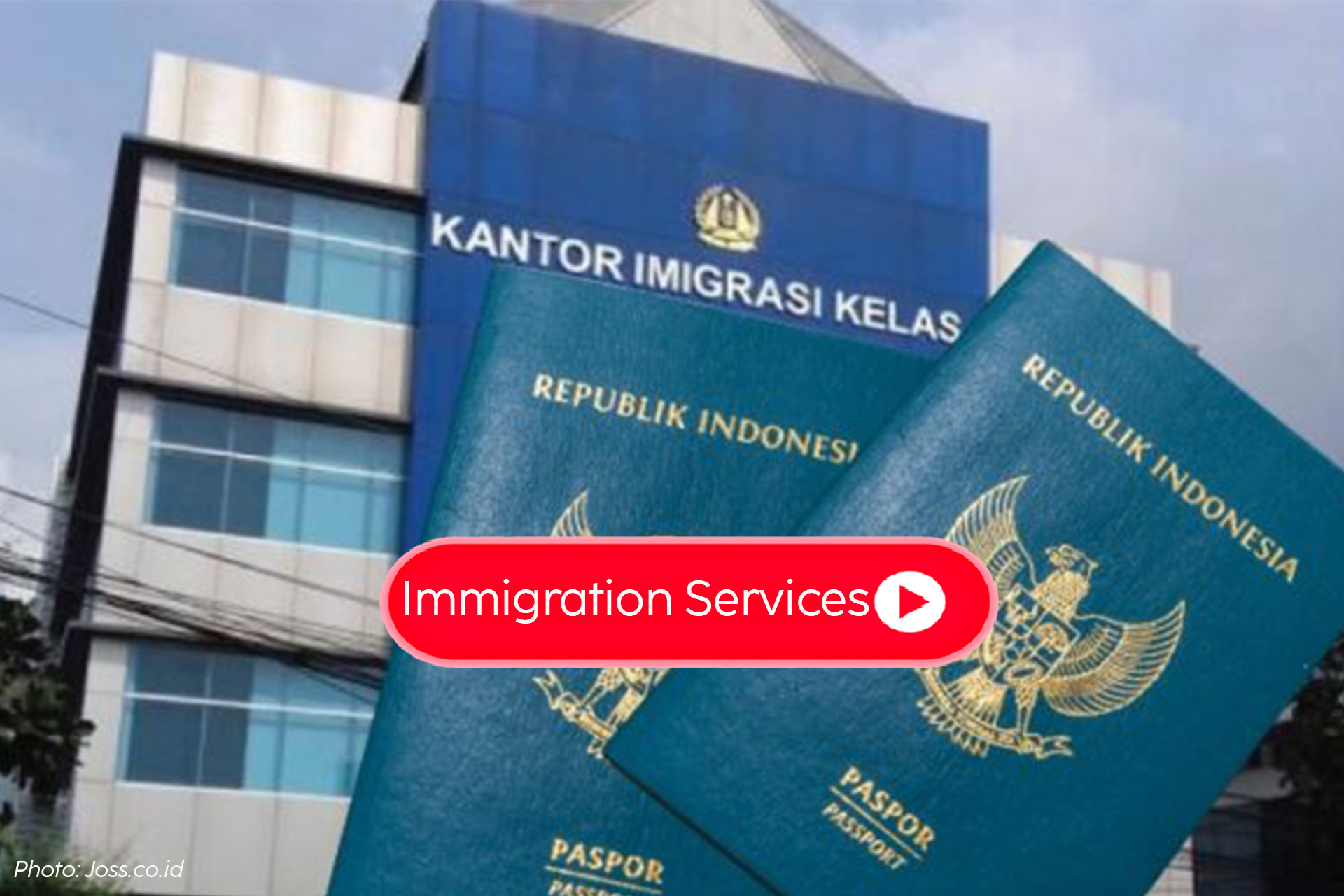In a recent turn of events, the domain of cybersecurity in Indonesia has witnessed a surge in attacks, coupled with significant concerns over the theft of personal information, spanning across both governmental bodies and corporate entities. As part of an overarching strategy to amplify their service capacity, the Directorate General of Immigration under the Ministry of Law and Human Rights has achieved the ISO/IEC 27001 certification. This pivotal milestone aims to fortify the preventative measures against the potential breach of passport holder data within the Indonesian landscape.
These incidents of data compromise continue to resurface, evident in instances like the ransomware assaults on Garuda Indonesia and Bank Syariah Indonesia. Additionally, the personal data pilferage executed by the hacker Bjorka on the passport data from the Immigration Directorate General (Ditjen Imigrasi) further accentuates the vulnerability of sensitive information.
Given their own firsthand experience as victims of such data breaches, the focused protection of personal data pertaining to passport holders remains a matter of paramount concern for the authorities, and consequently, it necessitates steadfast and unwavering adherence throughout the immigration hierarchy.
Indonesia Immigration: Ensuring Data Privacy in Indonesia
Indonesia has introduced a comprehensive framework for safeguarding personal data through the enactment of Law No. 27 of 2022 concerning Personal Data Protection (PDP). This legislative framework stipulates that safeguarding personal data encompasses a spectrum of measures aimed at protecting personal data during its processing lifecycle, thereby upholding the constitutional rights of data subjects.
Article 4 of this law delineates the constituents of Personal Data, spanning specific data and health-related information, biometric records, genetic data, criminal records, data concerning minors, personal identification particulars, and other forms of data, all of which align with the legal provisions.
Notably, this legislation empowers governmental entities to regulate and oversee the management of personal data conducted by electronic system providers (PSE), extending its purview to both public and private entities, as well as international organizations operating within the territorial jurisdiction of Indonesia.
However, despite these regulatory efforts, recent instances underscore the persistence of data breaches within the Indonesian context. Consequently, the Directorate General of Immigration within the Ministry of Law and Human Rights is poised to intensify its operational framework as an additional layer of defense, safeguarding the personal data integrity of passport holders.
Indonesian Immigration: Immigrant Authority’s Vigilance against Passport Data Leaks
Drawing insights from runsystem, the ISO certification, in essence, serves as a standardized system to gauge the quality and prowess of a company. Its primary objective lies in assessing the company’s global competitiveness and performance metrics.
Conversely, ISO/IEC 27001 holds a distinct global standing as the preeminent standard governing information security management systems (ISMS). This standard outlines the prerequisites that an ISMS must adhere to.
Functioning as a guiding beacon, the ISO/IEC 27001 standard furnishes companies of varying scales and sectors with a comprehensive blueprint for establishing, implementing, upholding, and consistently enhancing an information security management system.
A positive development surfaces as the Directorate General of Immigration, operating under the Ministry of Law and Human Rights, proudly secures this certification, signifying a resolute endeavor to forestall the potential leakage of passport holder data within the Indonesian domain.
Speaking to the significance of this accomplishment, Director General of Immigration Silmy Karim emphasizes the immediate integration of ISO/IEC 27001 across the daily tasks of all immigration officers. This proactive measure aims to facilitate the seamless execution of immigration processes while ensuring precision and efficacy.
“I wholeheartedly endorse this ISO/IEC 27001 certification; it underscores a pivotal stride in enhancing immigration protocols. Moreover, its sustainable implementation in our day-to-day operations aligns with the ISO standards we have acquired,” Karim affirms in Jakarta on Tuesday (8/8).
Karim further underscores the pivotal role that organizations upholding ISO/IEC 27001 standards play in managing risks associated with data security. This, in turn, is closely intertwined with the observance of international standards and best practices, which form the bedrock of such systems.
“ISO/IEC 27001 delineates the criteria that a diverse array of sectors must satisfy to develop, implement, sustain, and perpetually ameliorate information security management systems,” he expounds, as sourced from Bisnis (8/9).
Prior instances had cast the spotlight on the potential vulnerability of passport data. In addressing this, the Immigration Directorate General collaborated with the Ministry of Communication and Information Technology, in tandem with the State Cyber and Cryptography Agency. Their combined efforts yielded a reassuring outcome: no biometric data had been compromised.
Simultaneously, the Immigration Directorate General embarked on a comprehensive overhaul of its security protocols, striving to meet the exacting standards laid out by ISO/IEC 27001. This resolute commitment echoes a tangible endeavor to uphold the sanctity and inviolability of data.





 20% off today. Whatsapp us!
20% off today. Whatsapp us!